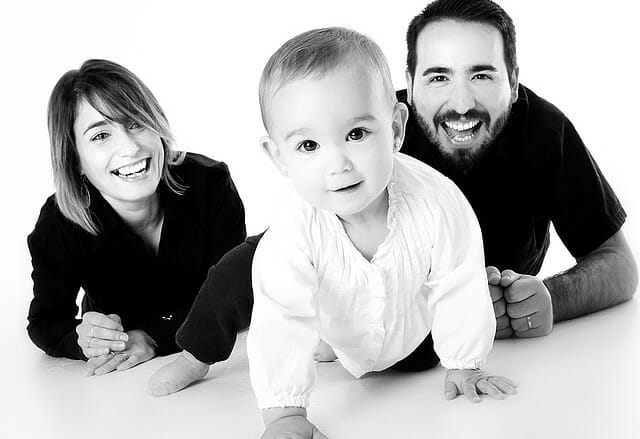Parenting coaches are certified individuals who help parents with their parenting challenges; however, not everyone can be a parenting coach, and there are specific steps to take to become one.
Parenting coaches offer ideas on how to change current structures and help parents uncover underlying issues that need addressing, as in this study. They provide wisdom and insight so that parents can work out solutions to the challenges they face.
As parenting becomes more demanding and complex with each passing generation, parents will need support more than ever. Parenting coaches are educated, skilled, and knowledgeable individuals who can effectively guide parents through the parenting process.
Parenting Coach Certificate Program
To become a parenting coach, a person needs to at least have a degree in a related field, have a license or certificate, and have working experience. Below are the steps to take to become a parenting coach.
- Have a bachelor’s degree in a field related to education, psychology, social work, counseling, or educational theory. These courses take approximately four years to complete with assessed practice.
- Obtain parenting coach certification. This is optional, but it is an added advantage and is conveniently available online. This certificate covers communication methods and counseling ethics.
- Obtain working experience by enrolling or volunteering at public or private agencies. You can also source for clients one-on-one and conduct sessions either physically or over the phone. Once a person has at least minimal working experience, he or she is ready to step out as a licensed parenting coach.
Parenting Coach Business
When building a parenting coaching business, parenting coaches need to build a network and find more paying clients. Schools and youth organizations are a good starting point since parents are often present at their meetings and committees.
Start with a network of close friends and extend services to the parents of a child’s friends or offer to start out as a volunteer. Once a client base is established, decide whether to open an office where students can attend class sessions physically or to open an online class to interact with parents online.
Conclusion
According to this research, parenting coaching is a relatively new field that is developing rapidly. When parents get overwhelmed, parenting coaches can offer sound advice that is neutral and practically applicable.
Parenting stress also often affects the children, so a parenting coach’s knowledge and expertise will benefit the whole family. As such, it is important that parenting coaches stay abreast of any new parenting developments so that they give parents up-to-date information applicable to both them and their children.
References
- Chironis, Maria. “A Program for Improving Toddler Communication Through Parent Coaching.” Topics in Early Childhood Special Education 33, no. 4 (2014): 212–224. Retrieved from http://journals.sagepub.com
- Chang, Mido, Boyoung Park, and Sunha Kim. “Parenting Classes, Parenting Behavior, and Child Cognitive Development in Early Head Start: A Longitudinal Model.” School Community 19, no. 1 (2009): 155. Retrieved from https://eric.ed.gov/?id=EJ847434













